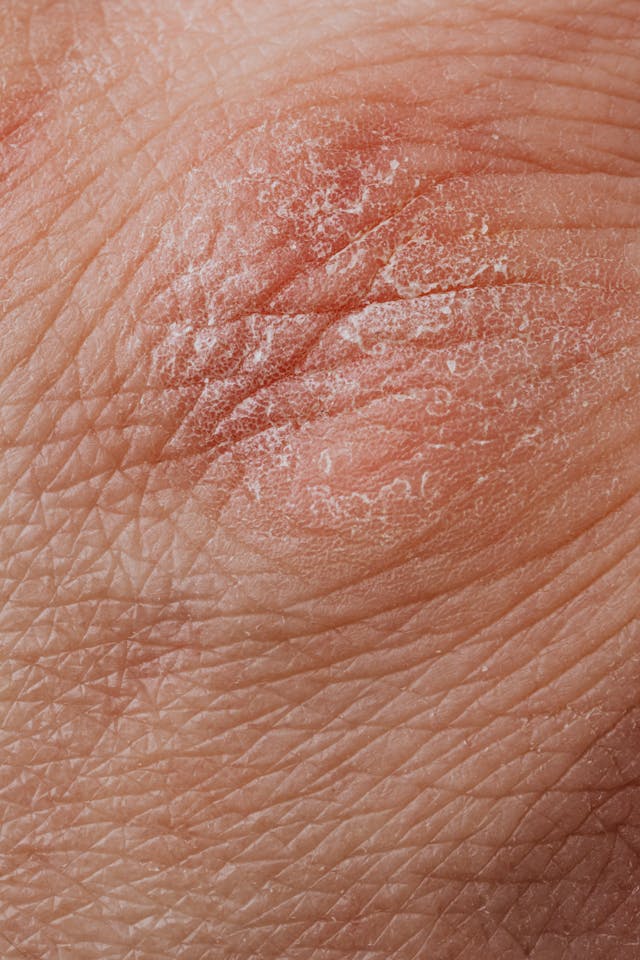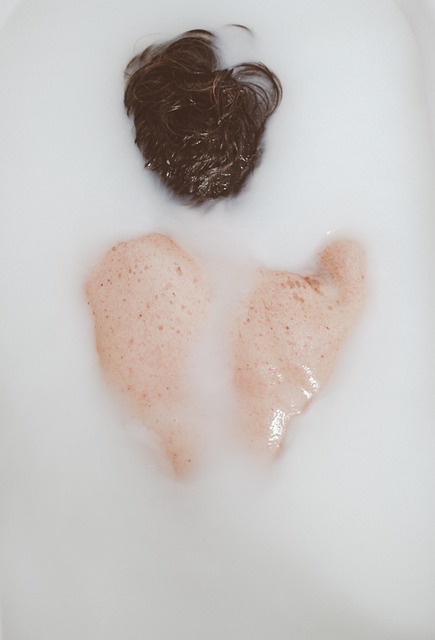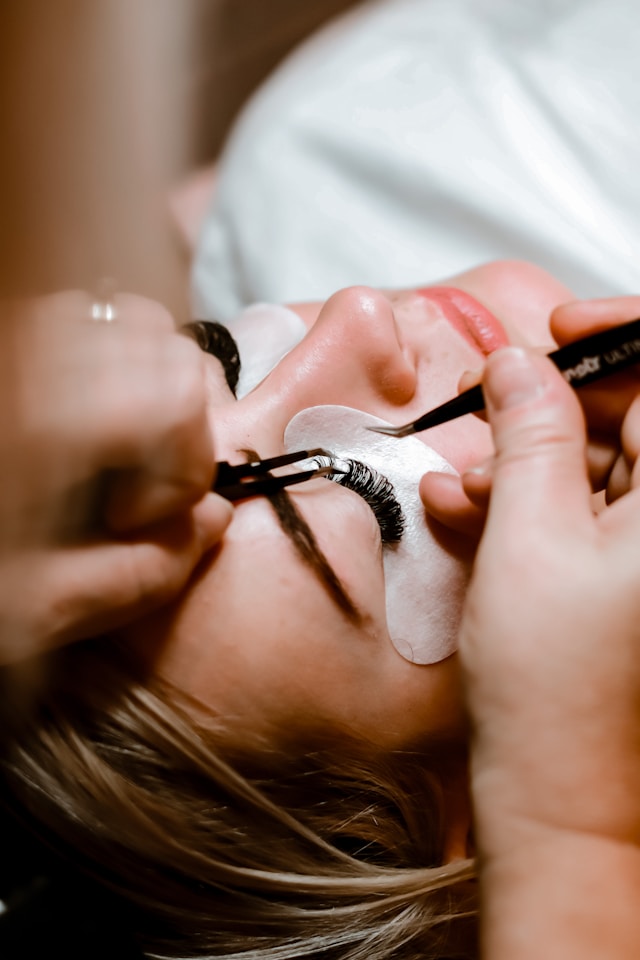Today, I want to turn the spotlight onto: hormonal eczema. You know, that sneaky skin flare-up that shows up uninvited, leaving you red, itchy, and wondering what on earth is happening. If you’ve dealt with those stubborn patches of dryness or irritation, this one’s for you.
But here’s the thing: hormonal eczema isn’t just about your skin acting up. It’s your body’s way of sending a message, whispering (or sometimes shouting), “Hey love, something’s off inside!” With a bit of understanding, some self-care, and even the right help, you can regain control and show your skin the love it deserves.
What Is Hormonal Eczema?
Imagine your hormones throwing a wild party—and your skin is the casualty. Hormonal eczema tends to show up during hormonal shifts like your menstrual cycle, pregnancy, menopause, or times of stress. It’s not just random; it’s your body’s way of saying, “Pay attention to me!”
Flare-ups often come in the form of red, itchy, and inflamed patches that seem to appear out of nowhere. While it might feel like your skin is betraying you, these flare-ups are a signal that something deeper is at play—your hormones are likely a major contributor.
Why Does Hormonal Eczema Happen?
At the heart of it all are your hormones—those tiny messengers that regulate everything from your mood to your skin’s balance. When they fluctuate (which happens naturally during certain life stages or stressful periods), your skin can react in unpredictable ways.

Here’s how:
Stress: When you’re overwhelmed, your body releases stress hormones like cortisol. This can trigger inflammation and worsen eczema.
Hormonal Shifts: Menstrual cycles, pregnancy, postpartum changes, and menopause can all send your hormone levels on a rollercoaster, affecting your skin.
Underlying Conditions: Issues like thyroid disorders, polycystic ovary syndrome (PCOS), or adrenal imbalances might also be contributing factors.
Your skin isn’t just reacting to surface-level irritants; it’s responding to what’s happening inside your body.
Can an Endocrinologist Help? Absolutely!
If you suspect your eczema is tied to hormonal imbalances, an endocrinologist could be your secret weapon. These specialists focus on hormone-related conditions and can help uncover the root cause of your skin issues.
Here’s how they can assist:
- Testing for Imbalances: They can check hormone levels like estrogen, progesterone, cortisol, or thyroid hormones to identify any irregularities.
- Treating Underlying Conditions: If conditions like PCOS, thyroid issues, or adrenal dysfunction are contributing to your eczema, they can create a treatment plan to manage them.
- Collaborative Care: Endocrinologists often work with dermatologists and other specialists to ensure you’re addressing both the internal cause and external symptoms.
Seeking help from an endocrinologist could also be the answer, especially if your eczema flares seem tied to specific hormonal events.
How Can You Manage Hormonal Eczema?
While professional guidance is key, there’s plenty you can do to calm flare-ups and support your skin at home. Here are some self-care essentials to try:
- Hydrate, Hydrate, Hydrate
Your skin craves moisture, especially during flare-ups. Use thick, fragrance-free moisturizers or natural options like shea butter to lock in hydration. Apply generously, especially after a shower.
Psst: Coconut oil dries out the skin…so don’t use that!
- Gentle Skincare is a Must
Choose soothing, simple skincare products designed for sensitive skin. Avoid harsh exfoliants or complex formulas that might irritate your skin further.
- Feed Your Skin from Within
A balanced diet with omega-3s (found in salmon, walnuts, or flaxseeds) and antioxidant-rich fruits and veggies can help calm inflammation and nourish your skin from the inside out.
- Manage Stress Levels
Stress can be a major eczema trigger, so prioritize relaxation. Whether it’s a walk in nature, mindfulness exercises, or a long, luxurious bubble bath, make time for what helps you unwind.
- Avoid Common Irritants
Say goodbye to heavily fragranced skincare, laundry detergents, or household cleaners. Opt for fragrance-free and hypoallergenic products to minimize flare-ups.
- Try Home Remedies
Oatmeal baths and natural oils like olive or jojoba can soothe irritation and lock in moisture. These gentle remedies are a great complement to your regular routine.
When to Seek Professional Help
If your eczema becomes severe or persistent, don’t hesitate to reach out to a dermatologist or endocrinologist. Persistent flare-ups might need targeted treatments like prescription creams or hormonal therapies. Professional help can provide a personalized roadmap to relief, ensuring you’re tackling the root causes effectively.
Embrace the Journey to Healthier Skin
Hormonal eczema can feel frustrating, but it’s also a reminder to slow down and care for yourself. With the right tools, a bit of patience, and perhaps some professional guidance, you can manage your skin and bring it back to its happy place.
Remember, your skin’s quirks are just one part of your story. You’re resilient, radiant, and uniquely you—itchy patches and all.
Have you found any remedies or routines that work wonders for your skin? Share your tips in the comments below! Let’s create a space where we can support and inspire each other on the journey to healthier, happier skin.
I




